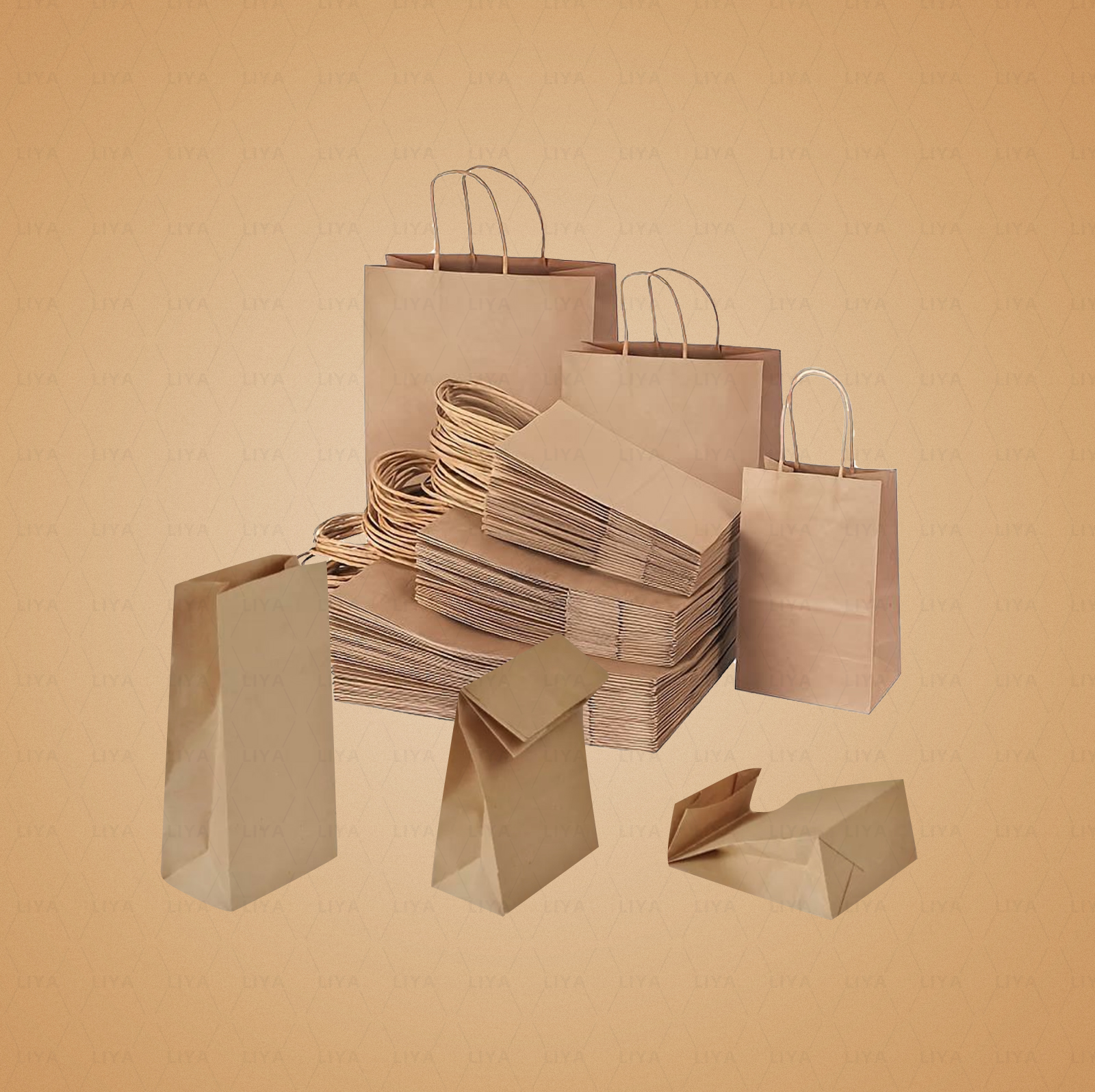trash bags for rectangular trash can
Choosing the Right Trash Bags for Rectangular Trash Cans
When it comes to maintaining cleanliness in our homes and offices, one often overlooked yet essential component is the trash bag. Rectangular trash cans are ubiquitous, found in kitchens, living rooms, offices, and even outdoor spaces. However, the effectiveness of a trash can is heavily dependent not just on its design, but also on the type of trash bag used. Choosing the right trash bag for a rectangular trash can can make a significant difference in managing waste efficiently.
Understanding Trash Bag Sizes
Trash bags come in various sizes, and selecting the right size for your rectangular trash can is crucial. Rectangular trash cans typically vary in volume from 13 gallons to 50 gallons. For instance, a common size for kitchen trash cans is around 13 gallons, while larger containers in offices or businesses may range from 32 to 50 gallons. To determine the appropriate trash bag size, always check the trash can's dimensions or consult the manufacturer's recommendations.
Using a bag that is too small can lead to spills, while an oversized bag may not fit properly and can lead to annoyance when trying to lift it out. Always measure the can's height and width and select a bag that exceeds the height to ensure a proper fit.
Material Matters
Trash bags are made from different materials, typically high-density and low-density polyethylene. High-density bags are thinner and are used for lighter waste, whereas low-density bags are thicker and more durable, suitable for heavier items. If your waste includes sharp objects or wet materials, leaning towards low-density bags with higher puncture resistance is prudent.
Additionally, consider choosing bags that are biodegradable or made from recycled materials if environmental impact is a concern
. There are various eco-friendly options available in the market today that not only serve their function but also contribute to sustainable waste management.Strength and Durability
trash bags for rectangular trash can

One of the critical factors in selecting a trash bag is its strength and durability. Thicker bags generally offer better puncture and tear resistance, which is especially important for those using bags to collect sharp items or heavy waste. Look for trash bags labeled as heavy-duty for demanding tasks or when dealing with construction debris, yard waste, or food scraps.
Reading reviews from other users can also provide insight into a bag’s durability before making a purchase. A bag that frequently tears or leaks can create a mess and lead to additional cleanup efforts, negating the convenience that a trash bag is supposed to offer.
Special Features
Some trash bags come with added features that cater to specific needs. For example, odor-resistant bags can help contain smells from food waste, particularly in kitchen trash cans. Some bags include drawstrings or ties, making it simpler to seal them shut and dispose of waste without spillage.
Moreover, some manufacturers have introduced scented trash bags that help mask unpleasant odors, making them ideal for areas where the trash may sit for some time. These features can enhance user experience and keep living and working spaces more pleasant.
Cost vs. Quality
While cheaper trash bags may seem like an attractive option, the long-term savings of investing in higher-quality bags can be a wise choice. Inexpensive bags may save money upfront but can result in spills, messes, and the need for frequent replacements. Balancing cost and quality is essential; sometimes, paying a little more for reliable bags proves more economical over time.
Conclusion
Choosing the right trash bags for rectangular trash cans is a critical aspect of waste management strategy in any space. By considering size, material, durability, special features, and the balance between cost and quality, individuals can optimize their waste disposal experience. A suitable trash bag not only makes life easier but also contributes to a cleaner environment. Whether at home or in an office, the right trash bag can lead to effective waste handling—so don’t underestimate its importance!
-
The Best Uses for Small Trash Bags in Daily LifeNewsJul.01,2025
-
Stylish Reusable Grocery Bags TrendsNewsJul.01,2025
-
Shipping Advantages of Using Bubble Envelopes BulkNewsJul.01,2025
-
How Compostable Mailing Bags Reduce Environmental ImpactNewsJul.01,2025
-
Environmentally - Friendly Bulk Poly MailersNewsJul.01,2025
-
Eco Friendly Custom Laminated Tote BagsNewsJul.01,2025
-
Have the freedom of customizing your custom mailers any way you want! Our dedicated packaging support will help deliver you the mailing experience you need to elevate your shipping experience to the next level! Start making a strong impression on your customers and stand out from your competitors! -
LIYA uses high quality raw materials which directly purchased from large enterprises domestic and overseas such as PetroChina, Sinopec, Sabic, Equate, ExxonMobil, Dow Chemical, Total, and Borouge, ensuring the price advantage and quality of the raw materials. -
LIYA uses high quality raw materials which directly purchased from large enterprises domestic and overseas such as PetroChina, Sinopec, Sabic, Equate, ExxonMobil, Dow Chemical, Total, and Borouge, ensuring the price advantage and quality of the raw materials.





